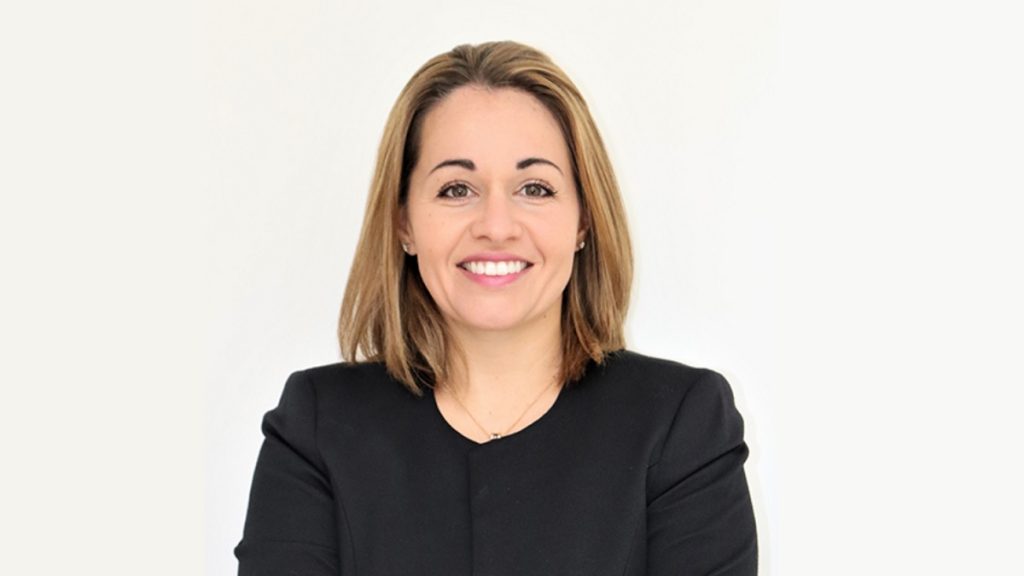Malta Communications Authority (MCA) CEO Jesmond Bugeja has acknowledged that the recently introduced Digital Services Act (DSA) by the European Union (EU) could potentially make a significant difference in forming a safer online environment for users.
He was writing in his foreword in the MCA’s Annual Report for 2022, where he outlined the key accomplishments made by the authority over the past year. As the digital and telecommunications landscape has evolved substantially over recent years, Mr Bugeja stated that the MCA has continued to support industry stakeholders, working to “bridge the digital divide and bring the benefits of digital connectivity to all citizens”.
One of the most substantial changes within the digital space has been the introduction of the EU’s DSA. This act, which came into force in November 2022, aims to institute stringent regulatory measures for providers of intermediary services, thus enhancing transparency and user safety across the EU’s digital landscape. As a result of this, providers are obliged to take prompt action against any reported illegal content and maintain effective complaint and redress mechanisms.
The MCA is set to become the Digital Service Coordinator (DSC) for the DSA in Malta, putting the authority in the middle in terms of action being taken to ensure a fair and trustworthy digital environment. This means that the MCA has what it describes in the Annual Report as the “critical responsibility” of ensuring intermediary services providers comply with the DSA’s regulations.
EU Member States must empower their DSCs by 17th February 2024, the general date of entry in application of the DSA.
Commenting on this, Mr Bugeja said that the implementation of this regulation poses “new challenges and opportunities” for the authority.
“The DSA, a landmark legislation recently adopted by the EU, aims to tackle some of the most pressing issues facing the online world, particularly in relation to illegal content and the protection of users’ fundamental rights, such as the right to privacy, the right of freedom of expression, and the right to protection from discrimination,” he explained.
While he remarked that it is still “too early” to say how effective the DSA will be, Mr Bugeja pointed out that it has the “potential to make a real difference in creating a safer and more open online environment”.
He said that as the DSC for Malta, the MCA is “diligently preparing” for the enforcement of the DSA by collaborating with a number of public bodies, signing agreements with leading business representative bodies, and also engaging in bilateral and multilateral discussions with its European counterparts.
“The DSA sets horizontal rules that cut across sectors and departments, necessitating a non-conventional approach to enforcement and systematic institutional collaboration,” he highlighted.
Mr Bugeja stressed that the communications sector “continues to evolve rapidly”, thus presenting the MCA and the wider community with new opportunities and complexities.
“However, we are confident in our ability to adapt and navigate these waters, leveraging our collective expertise and partnerships to drive forward-thinking strategies that benefit all stakeholders,” he continued.
Featured Image:
MCA CEO Jesmond Bugeja
Men still dominating Malta’s boardrooms
The gender imbalance across Malta’s corporate landscape remains striking.
Lara Falzon appointed CEO of Yolo Group’s B2B Brands
The experienced executive said the firm has 'enormous potential for innovation, strengthening partnerships and scaling across global markets'
Why The Phoenicia Malta is the perfect setting for summer events
The Phoenicia Malta blends five-star elegance with award-winning cuisine and exceptional hospitality to create the ideal setting for group events ...
Sophie-Ann Busuttil appointed Director at Luxury Living Technologies following tragic loss of her father
For the last two years she has served as head of the group’s Luxury Living Sustainable Hospitality Company.









